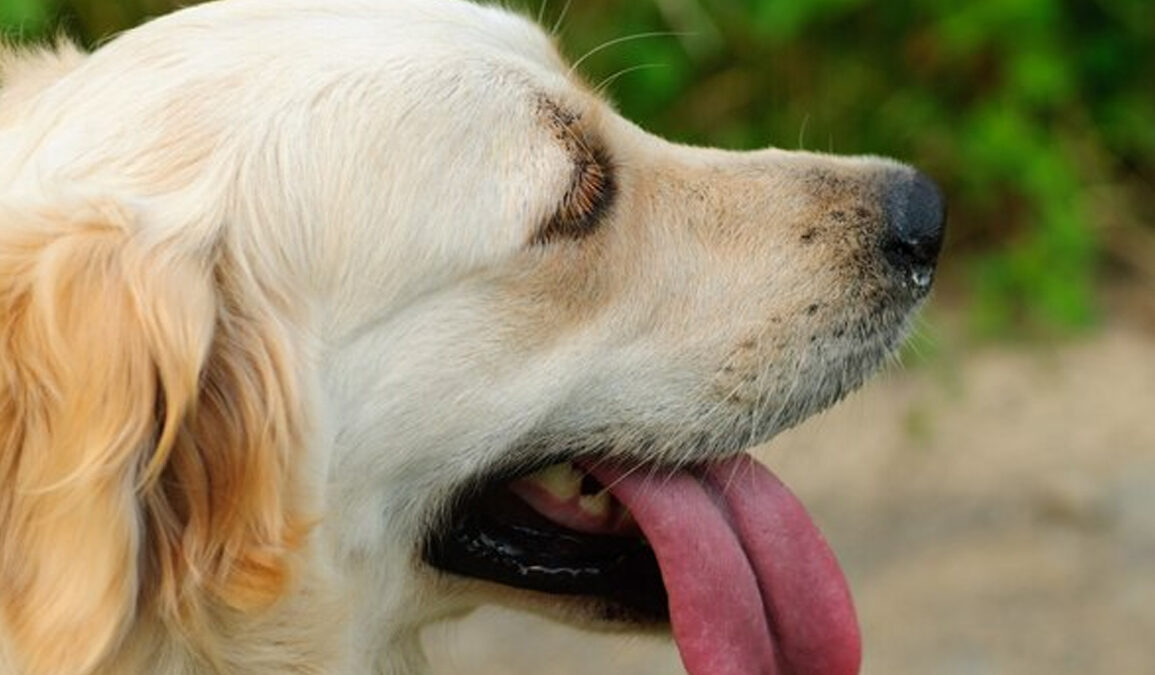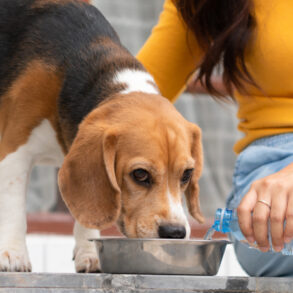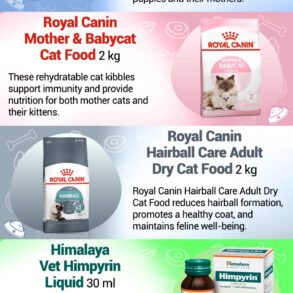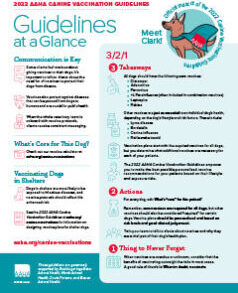Pets uplift our mood and make us feel calmer– their ‘kisses’ and need for petting are really endearing. However, those who have pet dogs need to worry a little as researchers from Penn State University (PSU) have found that dogs can carry antibiotic-resistant salmonella, which poses a significant risk to humans.
Salmonella infections can lead to fever, nausea, diarrhoea, stomach cramps, and other unpleasant symptoms in both dogs and people. In some instances, the infection may spread beyond the digestive system, leading to more severe complications. These findings are shared in the journal Zoonoses and Public Health.
RELATED: Is Your Child Gulping Down Raw Milk? Paediatrician Shares 3 Major Dangers You Should Know
Dogs As Carriers Of Salmonella

Dogs can contract salmonella through exposure to the bacteria, often by consuming raw food or, regrettably, eating faeces from infected animals. The U.S. Food and Drug Administration warns that salmonella can be transmitted to humans via contact with a dog’s saliva or stool, and dogs may not always show symptoms while carrying the bacteria, meaning they can unknowingly pass it to humans without any visible signs of illness.
The PSU research team examined salmonella strains found in household dogs from May 2017 to March 2023, in addition to human strains of salmonella. They identified 87 cases of salmonella in dogs and determined that 77 cases of salmonella in humans might have originated from interactions with dogs. Each strain discovered in dogs carried antimicrobial resistance genes for medications recommended by the World Health Organization (WHO).
What is Salmonella?

According to the Centers for Disease Control and Prevention (CDC), salmonella infection (salmonellosis) is a widespread bacterial disease that affects the gastrointestinal tract. Salmonella bacteria generally reside in the intestines of humans and animals, and they are excreted through faeces.
Humans usually become infected by consuming contaminated water or food. Some individuals with salmonella infection are asymptomatic, while most experience diarrhoea, fever, and abdominal cramps within 8 to 72 hours after exposure. Most healthy individuals recover within a few days to a week without any specific treatment.
In certain cases, severe dehydration caused by diarrhoea may necessitate immediate medical care. Life-threatening complications can also arise if the infection spreads beyond the digestive system. The likelihood of contracting a salmonella infection increases with travel to regions without safe drinking water and adequate sewage disposal.
What Did The Study Discover?
The researchers also found that 39 percent of the samples collected from dogs contained a gene allowing salmonella to persist within the dogs’ intestines. This indicates that even after recovering from the illness, they can still transmit salmonella through their faeces.
RELATED: Have You Heard of Salmonella Infection? Know Its Causes And Symptoms
Precautions Dog Parents Should Take
-1737129301826.jpg)
Study co-author stated in a press release, “This highlights that simple hygiene measures such as hand washing are essential to protect both our furry companions and ourselves— our dogs are family, but even the healthiest dog can carry salmonella.”
The Harvard Medical School lists certain measures pet parents should take to avoid pet-related infections.
- Encourage your pets to interact with people to reduce the chances of biting and scratching.
- Clean any bite or scratch wounds thoroughly with soap and water.
- Monitor the area for any swelling or redness, and have puncture wounds assessed by a doctor.
- Ensure your pets are vaccinated against rabies, which is legally mandated in most states.
- Quickly address any diarrhoea symptoms your pet may exhibit.
Always wash your hands thoroughly after cleaning up dog or cat faeces and after gardening or being exposed to soil that could contain canine or feline droppings.
This post was originally published on this site be sure to check out more of their content.








































